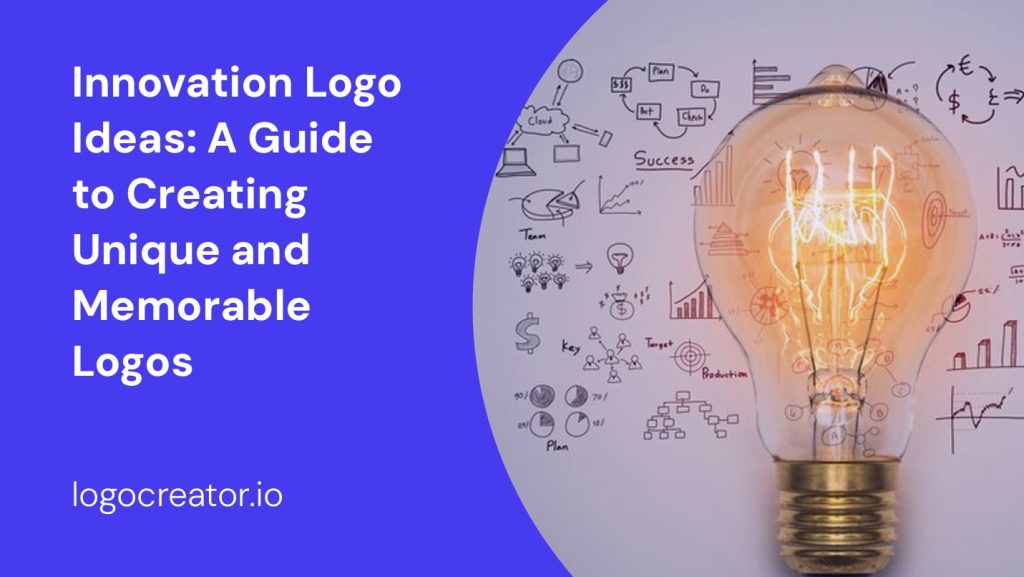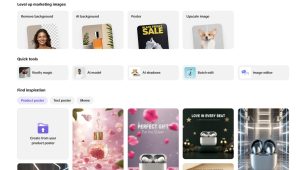In today’s competitive business landscape, having a strong and recognizable brand is essential. And at the heart of every successful brand is a well-designed logo. An innovative logo can capture the essence of a company, convey its values, and leave a lasting impression on customers. This article will guide you through the process of creating unique and memorable logos that embody innovation.
Understanding the Importance of an Innovative Logo

Before diving into the world of logo design, it’s crucial to understand why an innovative logo is so important for your business. Your logo acts as the face of your brand, representing your company’s identity and setting it apart from the competition. An innovative logo has the power to attract attention, spark curiosity, and establish a strong connection with your target audience.
Researching the Market and Competition
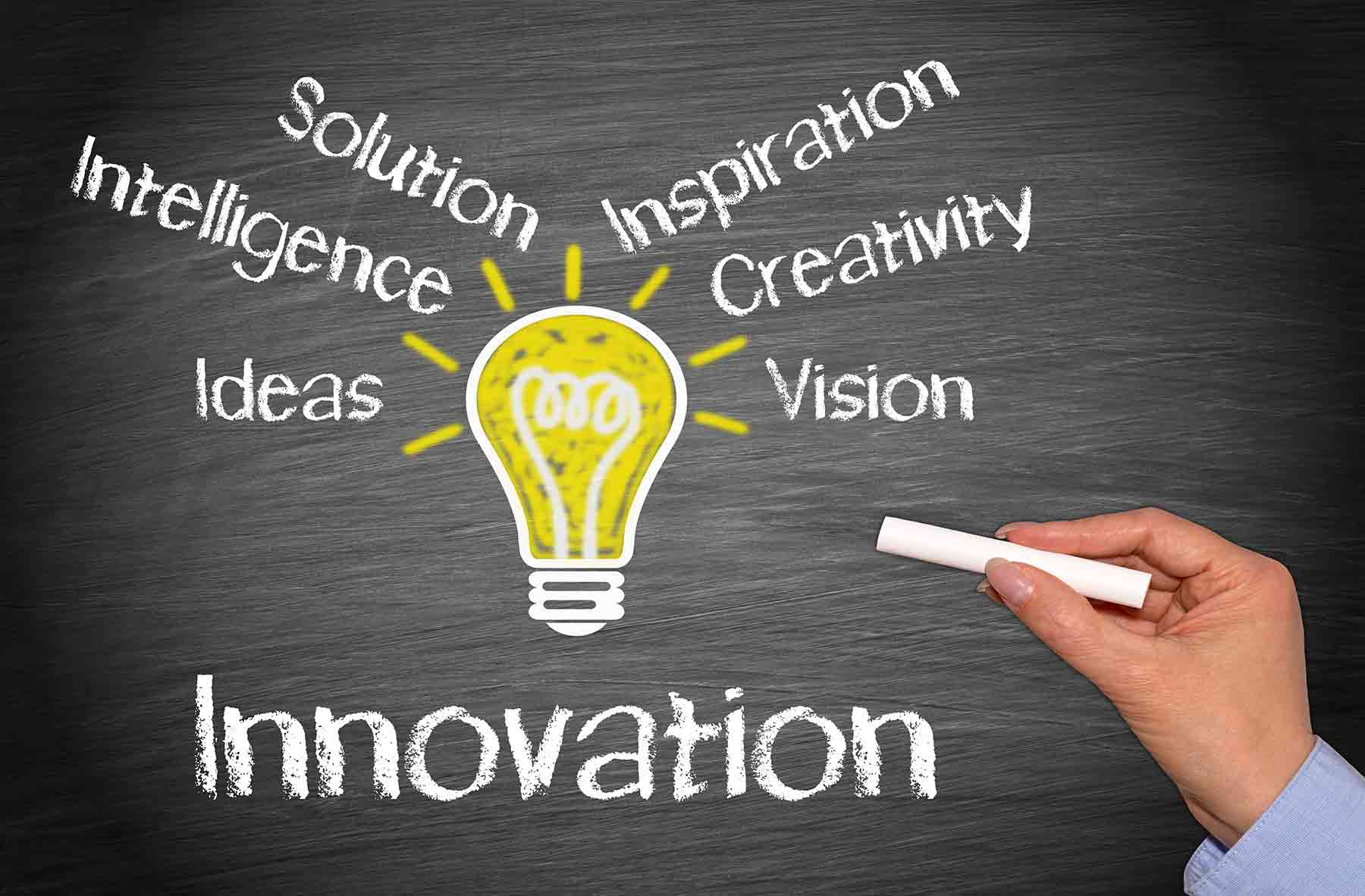
To create an innovative logo, start by researching the market and analyzing your competition. This step will help you identify trends, uncover gaps, and find inspiration for your logo design.
Investigate Industry Trends
Stay up to date with the latest trends in logo design within your industry. Look for common elements, colors, and styles that resonate with your target audience. While it’s essential to be aware of trends, remember that innovation often involves breaking away from the norm.
Analyze Competitors’ Logos
Study your competitors’ logos to gain insights into what works and what doesn’t. Look for elements that make their logos stand out or evoke certain emotions. Take note of color schemes, typography choices, and overall design approaches. This analysis will help you create a logo that differentiates your brand from the competition.
Defining Your Brand Identity
To create an innovative logo, you must have a clear understanding of your brand’s identity. Your logo should convey your brand’s personality, values, and positioning. Take the time to define your brand identity using the following steps:
Identify Your Target Audience
Your logo should resonate with your target audience. Research their demographics, preferences, and aspirations. Understanding your audience will help you create a logo that appeals to them on an emotional level.
Define Your Brand’s Values
What does your brand stand for? What values do you want to convey through your logo? Defining your brand’s values will guide the design process and ensure that your logo aligns with your overall brand messaging.
Craft Your Brand’s Personality
Is your brand playful, sophisticated, or innovative? Determine the personality traits that best represent your brand. These traits will influence the design elements and aesthetics of your logo.
Brainstorming and Concept Development
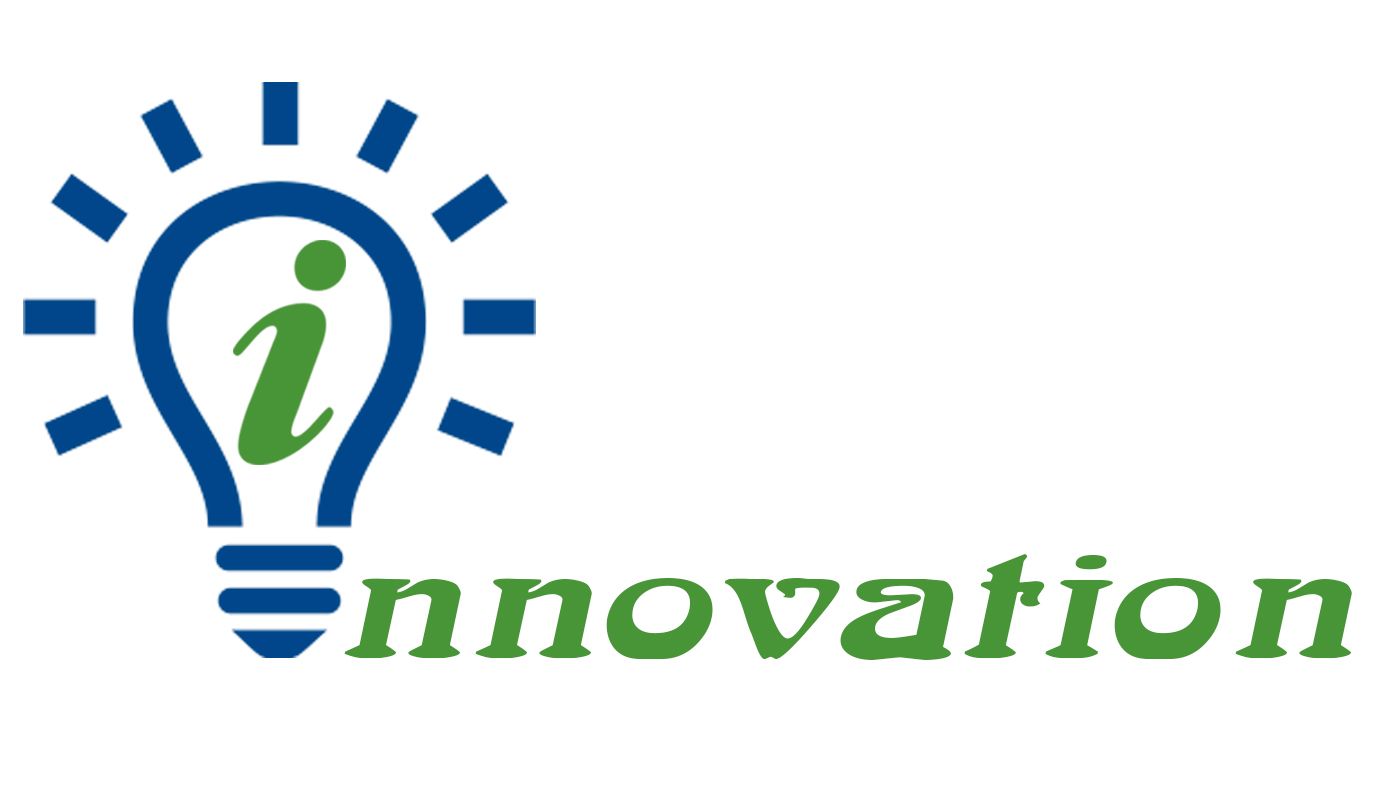
Once you have a clear understanding of your brand identity, it’s time to start brainstorming and developing logo concepts. In this phase, creativity and innovation are key.
Mind Mapping
Start by creating a mind map of ideas, keywords, and visual associations related to your brand. This exercise will help you generate a wide range of concepts and spark innovative ideas.
Sketching and Concept Exploration
Take your mind map and start sketching out rough logo concepts. Don’t worry about perfection at this stage; focus on exploring different directions and visual representations of your brand. Experiment with shapes, typography, and symbols that align with your brand’s personality and values.
Iterative Design Process
From your sketches, select the most promising concepts and begin refining them digitally. Use graphic design software to create more polished versions of your logo. This iterative design process involves creating multiple versions, experimenting with different color palettes, typography, and layout options.
Seeking Feedback and Refinement
Once you have a few refined logo concepts, it’s time to seek feedback from trusted sources. Share your logo designs with colleagues, friends, or even your target audience. Listen to their opinions, suggestions, and concerns. This feedback will help you refine your logo further and ensure it resonates with your intended audience.
Incorporating Innovative Design Elements
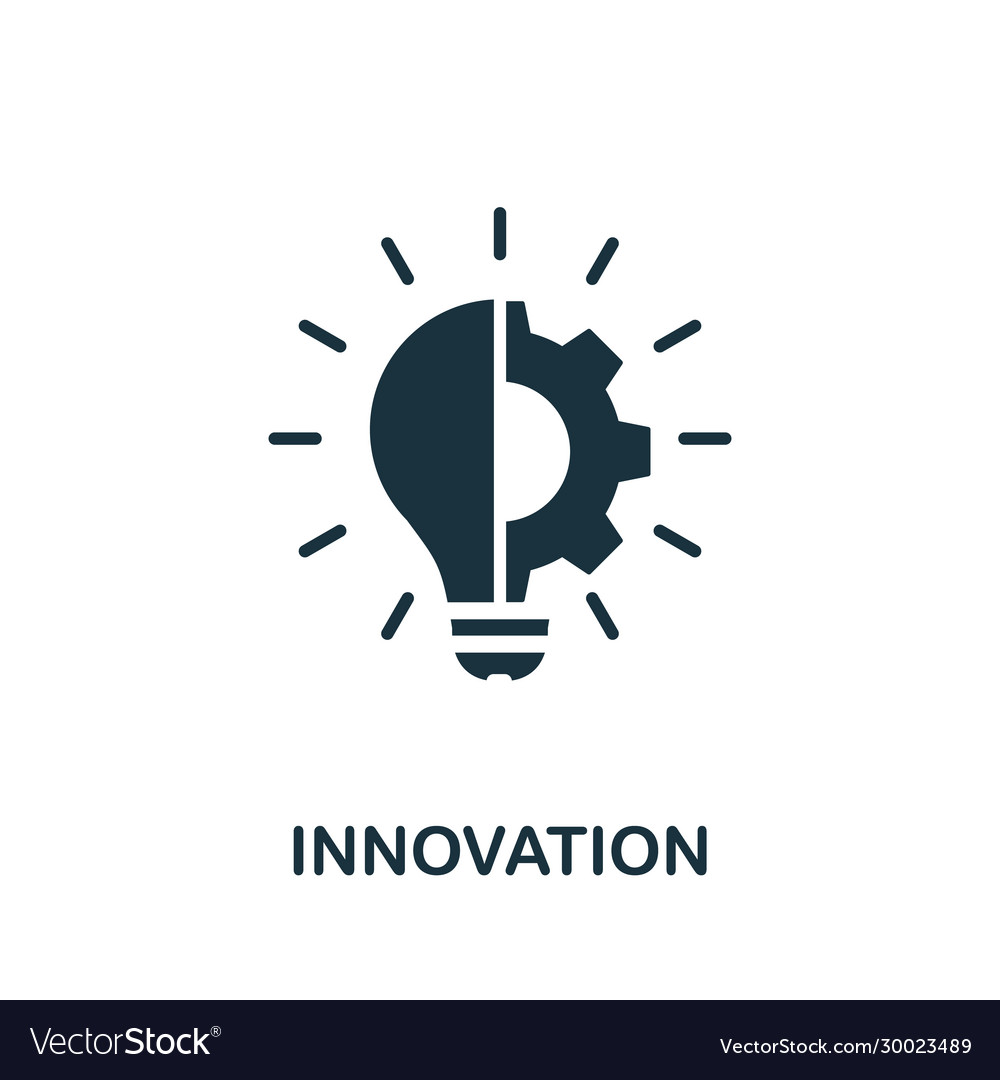
To make your logo truly innovative, consider incorporating unique design elements. These elements will help your logo stand out and make a lasting impression on viewers.
Creative Typography
Experiment with different typography options to create a unique and innovative logo. Consider customizing fonts or combining different typefaces to achieve a distinctive look. Typography can evoke emotions and convey your brand’s personality effectively.
Symbolism and Metaphors
Symbols and metaphors can be powerful tools in logo design. They can represent abstract concepts, convey deeper meanings, or create visual associations with your brand. Explore symbols and metaphors that align with your brand’s values and messaging.
Color Psychology
Colors play a crucial role in logo design, as they evoke specific emotions and can influence consumer behavior. Consider using innovative color combinations or experimenting with unconventional color palettes to create a visually striking logo. A company like Azumo is a good example. They offer software development services and use blue with negative space to convey trust, innovation, and professionalism.

Negative Space Utilization
Incorporating negative space cleverly can add an element of surprise and innovation to your logo design. Negative space refers to the empty space surrounding or within design elements. By utilizing negative space effectively, you can create hidden meanings or optical illusions within your logo.
Testing and Finalizing Your Logo
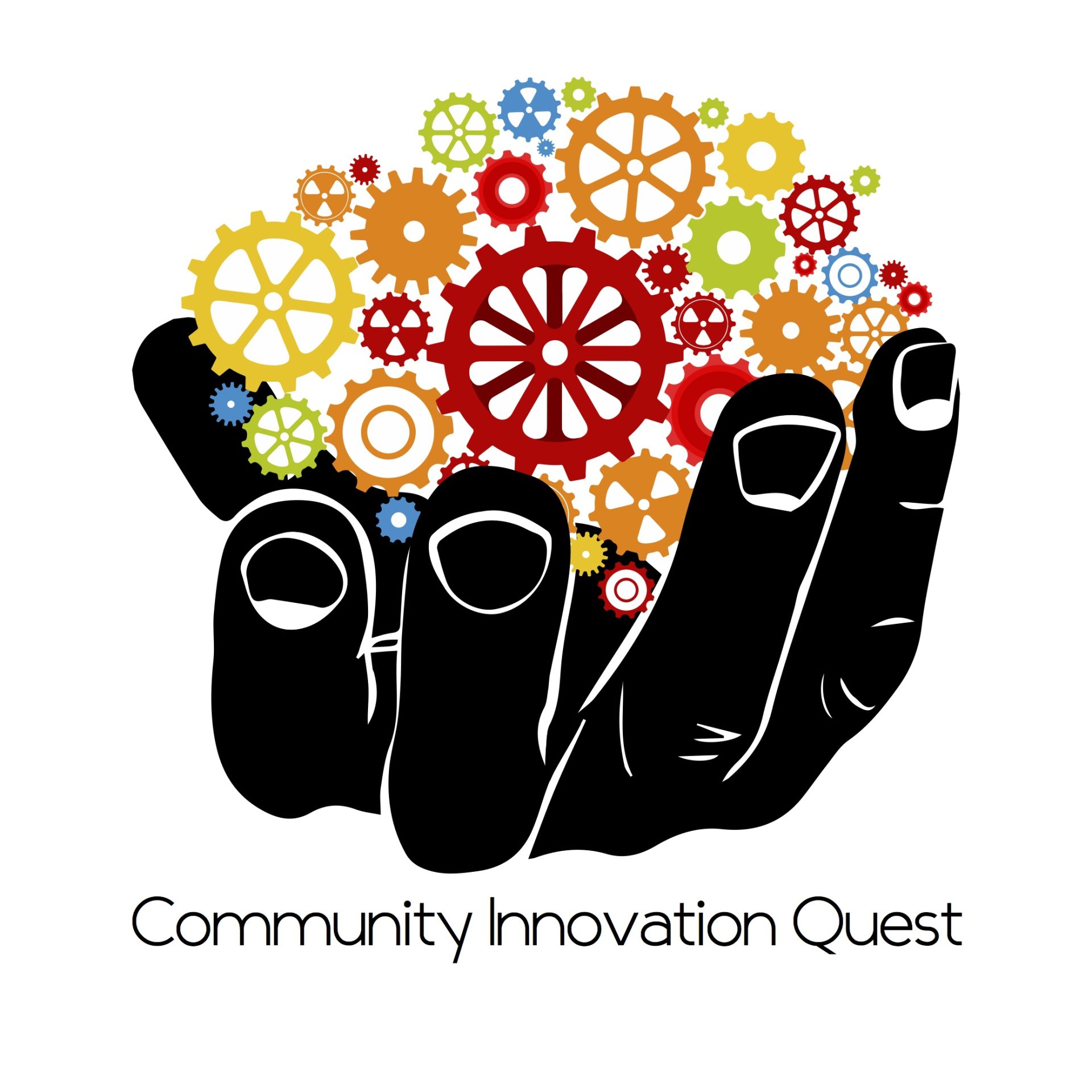
After incorporating innovative design elements in your logo, it’s important to test its effectiveness and make any necessary refinements before finalizing it.
Test Across Different Mediums
Ensure that your logo remains visually striking and legible across various mediums. Test it on different backgrounds, sizes, and digital platforms to ensure its versatility and adaptability.
Solicit Final Feedback
Before making the final decision, seek feedback one last time. Share your refined logo designs with a diverse group of people, including potential customers, colleagues, or design professionals. Their input will provide valuable insights and help you make any final adjustments.
Finalize and Protect Your Logo
Once you’ve gathered feedback and made any necessary refinements, it’s time to finalize your logo design. Ensure that you have the necessary copyright and trademark protections in place to safeguard your innovative logo.
Conclusion
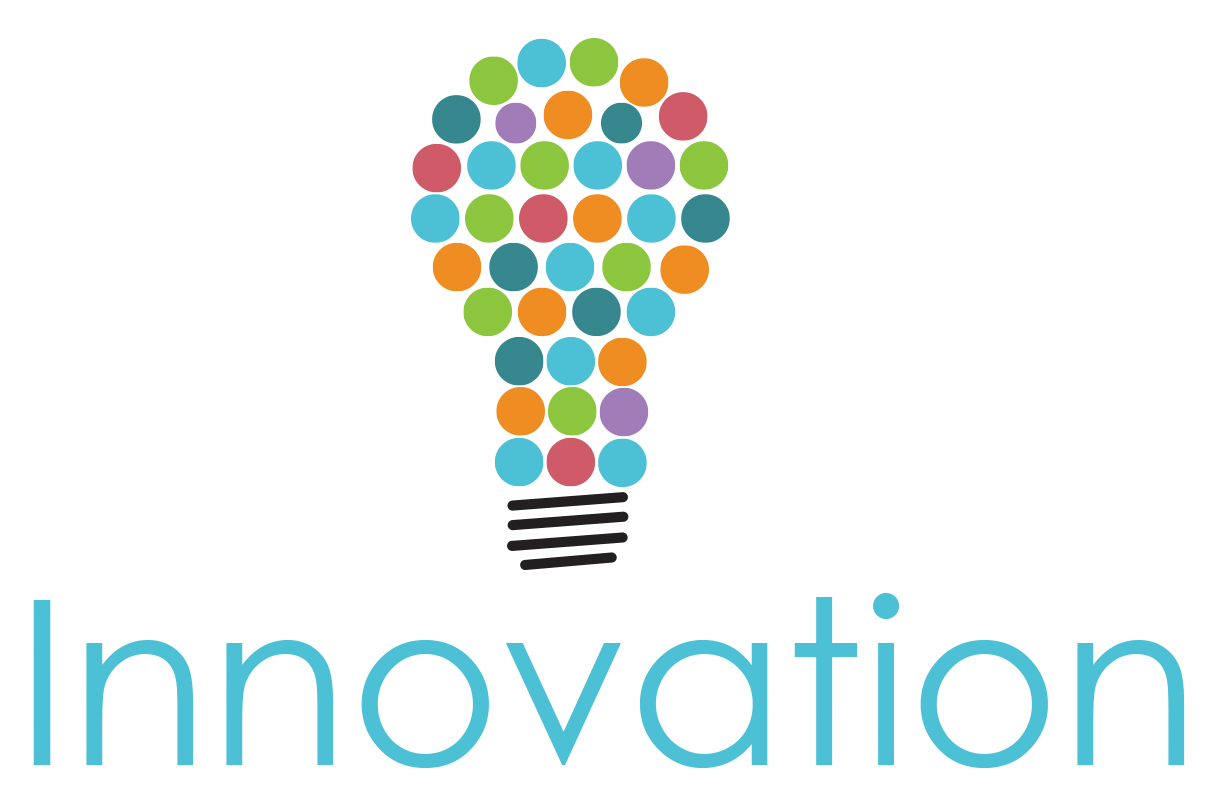
Innovation is the key to creating logos that leave a lasting impression on your audience. By understanding the importance of an innovative logo, researching the market and competition, defining your brand identity, brainstorming and developing concepts, and incorporating unique design elements, you can create a logo that is both memorable and representative of your brand’s innovative spirit. Remember, an innovative logo will not only set you apart from the competition but also establish a strong connection with your target audience.
Angela Irwin is a branding and design enthusiast with a Bachelor of Fine Arts in Graphic Design from Meadowbrook College. As a writer at Logocreator.io, she shares her expertise on logo design, graphic trends, and effective branding strategies, helping businesses create impactful visual identities.
